Start fast, stay consistent, and track your progress—one healthy meal at a time.
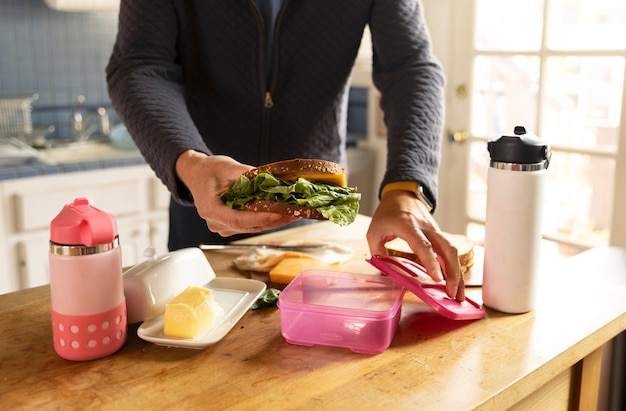
Life moves fast. Between work, family, and personal goals, finding time to cook healthy meals can feel impossible. This is where weekly meal prep steps in—not just as a kitchen trend, but as a practical strategy to reduce daily decision fatigue and promote better eating habits.
Studies and expert guidance consistently show that planning meals in advance helps reduce stress, supports nutrition goals, and saves both time and money. By dedicating a few hours each week to preparation, you eliminate the daily scramble of "What’s for dinner?" and replace it with calm, consistency.
Beginners often get overwhelmed trying to plan seven unique meals for every day. Instead, simplify. Choose 3–4 core recipes that use overlapping ingredients. For example:
Using common ingredients reduces grocery costs and minimizes waste. Start with meals you already enjoy—this increases the chance you’ll stick with the plan.
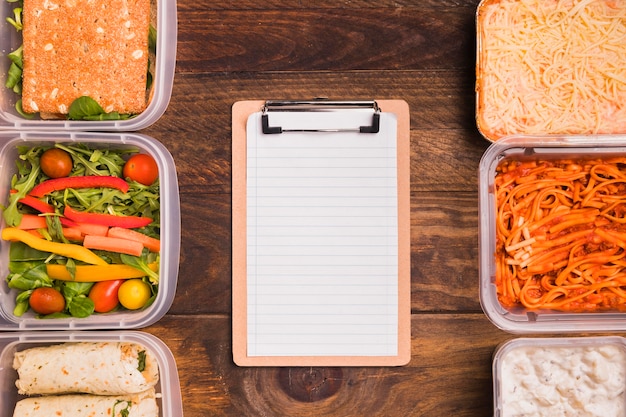
Consistency begins with commitment. Pick one day—most people choose Sunday—as your weekly prep day. Block out 2–3 hours in your calendar. Treat it like an important appointment.
During this time:
You don’t need to cook everything. Prep components—like grains, proteins, and chopped veggies—then assemble meals during the week. This keeps food fresh and gives you flexibility.
Having the right supplies makes prep easier and more enjoyable. Essential tools include:
Investing in durable tools pays off in time saved and food safety.
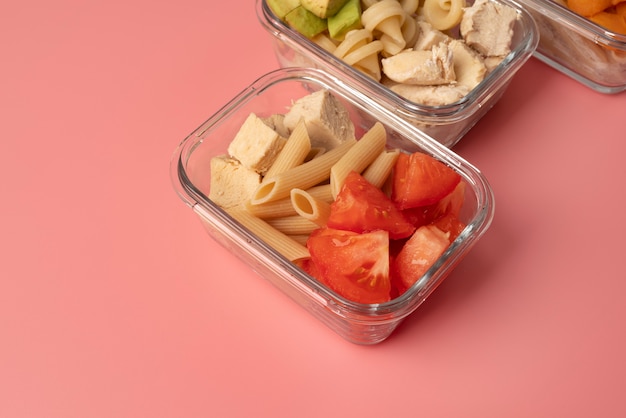
Consistency isn’t about perfection—it’s about progress. At the end of each week, take 10 minutes to reflect:
Use this feedback to adjust next week’s plan. Maybe you need more snacks, or fewer cooked meals. Tracking helps you refine your system over time.
Success isn’t just about weight or calories. Track what matters to you:
Use a journal or app to log these weekly. Seeing progress—even small wins—builds motivation.
To make meal prep sustainable:
Weekly meal prep isn’t about being perfect—it’s about being prepared. With this beginner-friendly blueprint, you can reduce daily stress, eat more nutritious meals, and build a habit that lasts.
Start fast. Stay consistent. Measure your results. And enjoy the peace of mind that comes from knowing your next meal is already taken care of.

Wellness

Wellness

Wellness

Wellness

Health

Health

Health
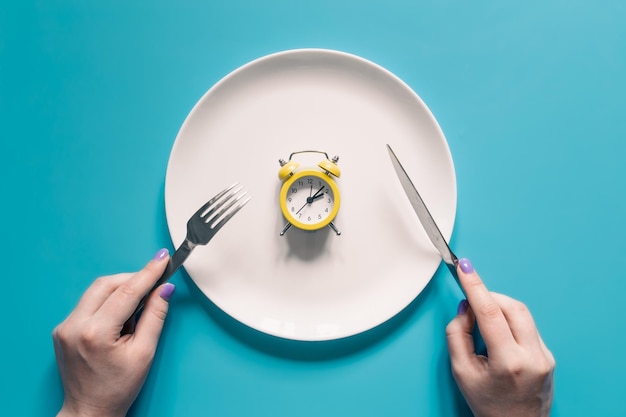
Wellness
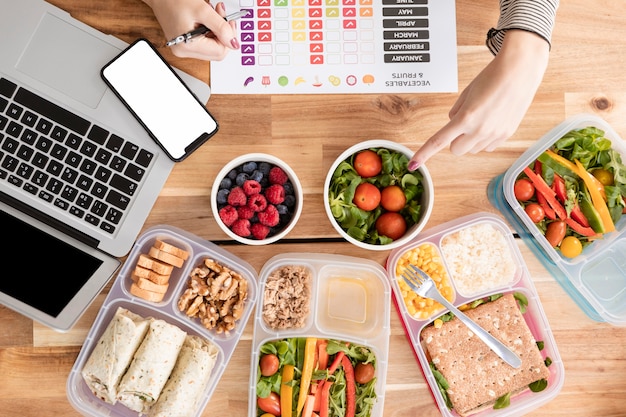
Wellness
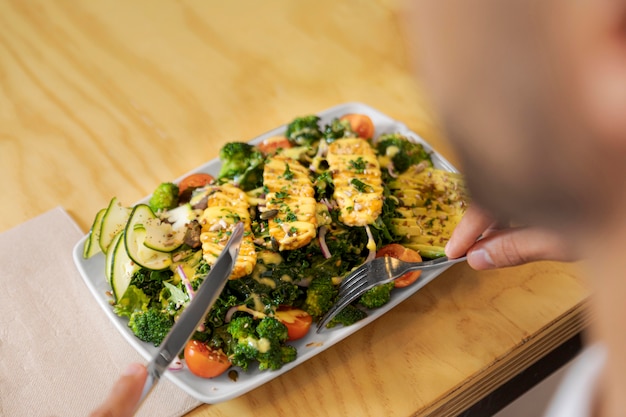
Wellness
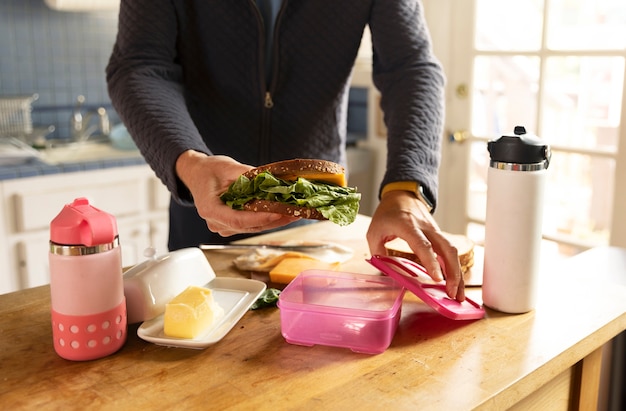
Wellness
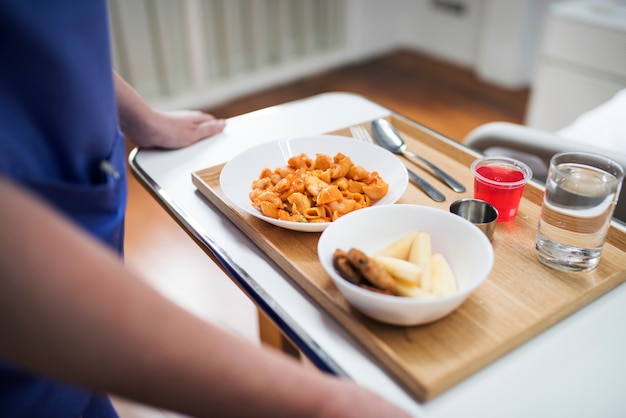
Health

Health

Fitness

Health

Health